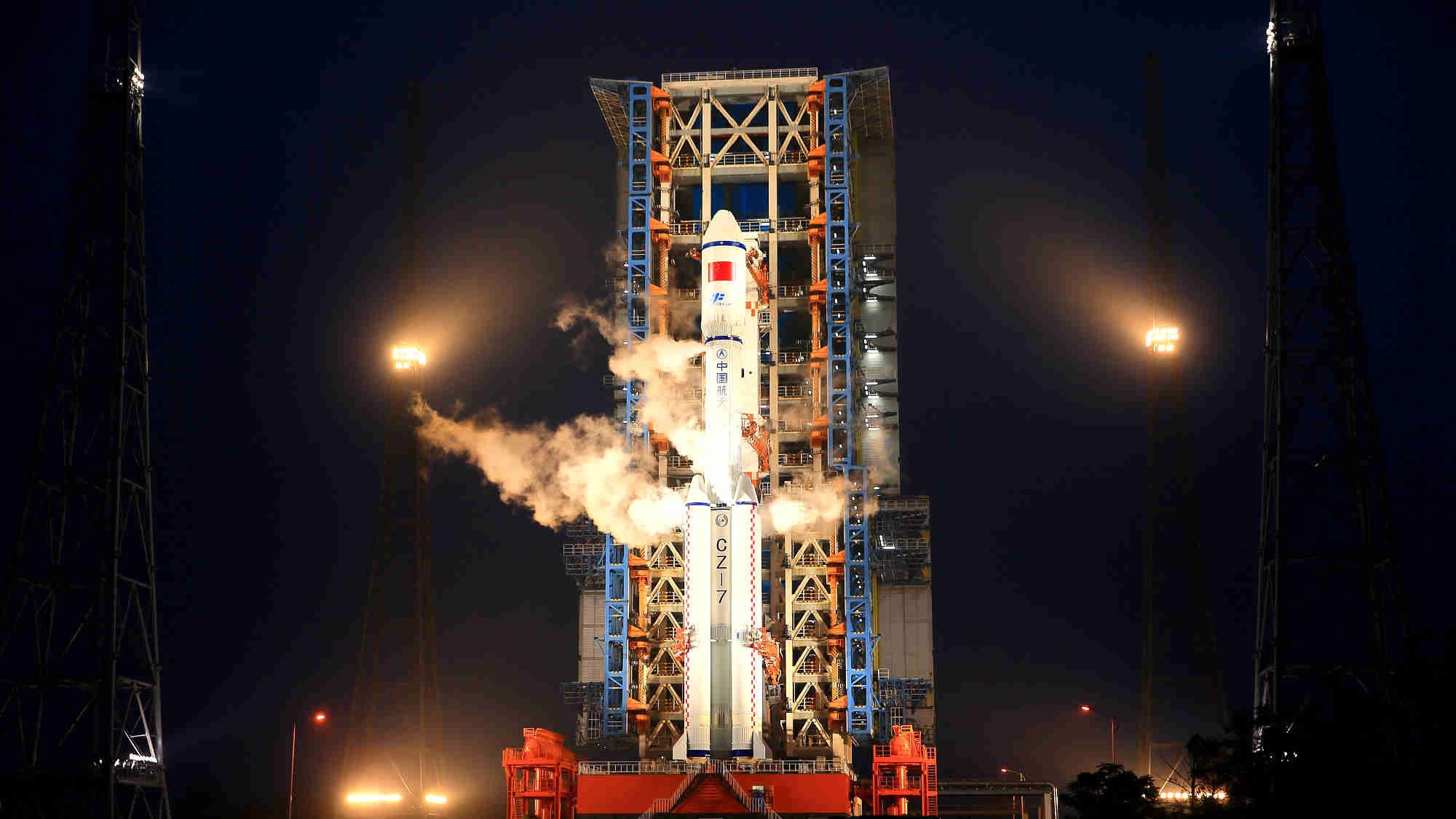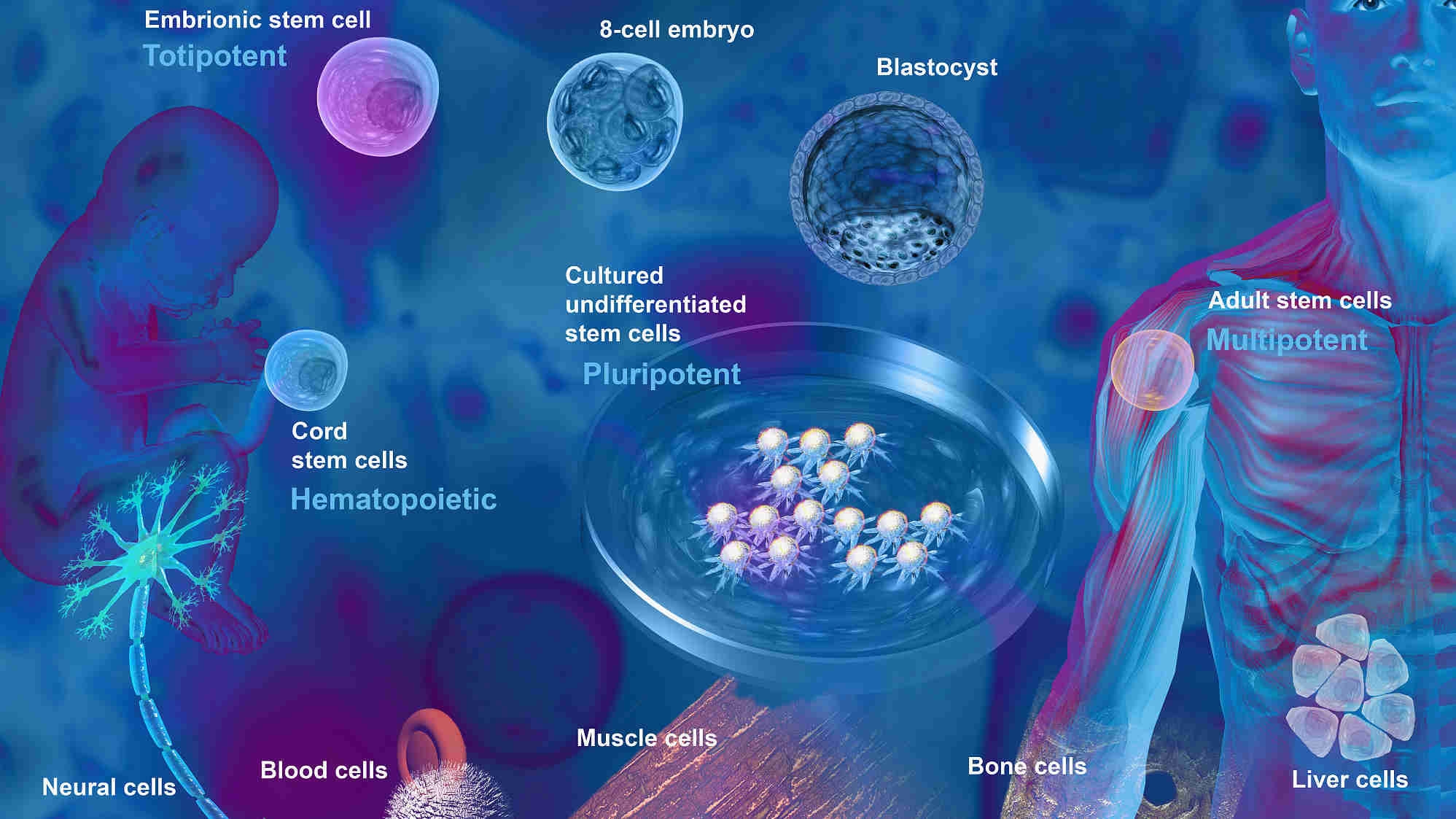Have you ever wondered if one day people will be able to reproduce human organs in space? Could humans give birth to babies in space? China’s “space courier” Tianzhou-1 is going to give clues to the future.
China is conducting stem cell experiments to investigate the possibility of human reproduction in space aboard cargo spacecraft Tianzhou-1, according to the vessel's engineer.

China's first cargo spacecraft Tianzhou-1 blasts off from Wenchang Space Launch Center in south China's Hainan Province on April 20, 2017. /CFP Photo
The experiments include studies of the proliferation and differentiation of stem cells, the differentiation of germ cells, and the impact on bone cells of a microgravity environment, said Li Xuzhi, deputy chief designer of the space application system of China's manned space program.
Scientists on the ground will remotely control the research equipment, and receive images of the cells under the microscope.
Experiments in microgravity will provide theoretical ground and technical support for the study of human reproduction in space, said Li.

A graphic of various stem cells. /CFP Photo
Scientists from the Institute of Zoology of the Chinese Academy of Sciences (CAS) are conducting experiments to study the effects of microgravity on embryonic stem cell proliferation and differentiation.
Another group of scientists from Tsinghua University, led by Professor Kehkooi Kee, is doing experiments to study the effects of the space environment on human reproduction. Li says this is an important experiment as it is the first step towards directly understanding human reproduction during space exploration.
The bone mesenchymal stem cells were “made in Zhejiang”, at a laboratory led by Professor Wang Jinfu in the College of Life Science, Zhejiang University.
Other experiments on Tianzhou-1 include research on fluid evaporation and condensation in a microgravity environment, in-orbit tests of a high-precision electrostatic accelerometer and others, added Li.
Tianzhou-1 started its five-month journey in space on Thursday evening.
The ship will dock with China's orbiting Tiangong-2 space lab, and provide fuel and other supplies before falling back to Earth.
(Source: Xinhua, South China Morning Post and cztv.com)









